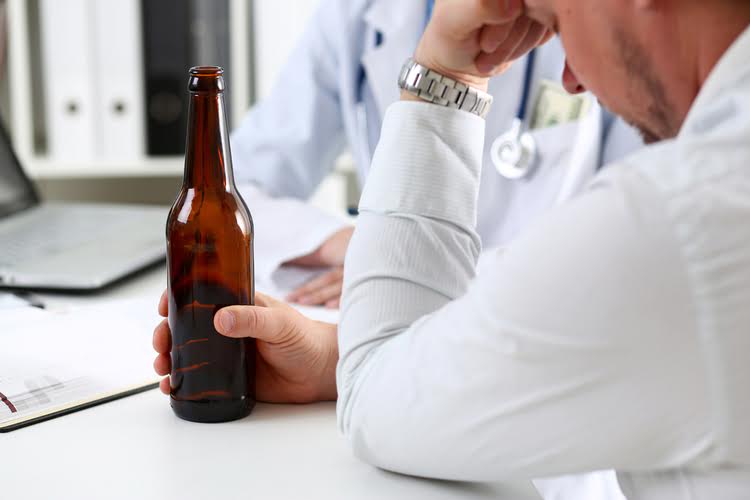Women were not included, because only four of the 12 studies presented complete data on women’s anger scores. The psychoactive substances described in the studies were alcohol, cocaine, khat, marijuana, heroin, and multiple substances. Some studies highlight the impairment caused by alcohol consumption on processing emotional faces. They first consumed alcohol and were asked to recognize the emotions of different faces on a computer task. Specifically, they exhibited a reduced capacity to detect sadness and fear and a reduced tendency towards seeing happiness. While the study did not support a significant difference between groups high and low in anger, these results support the notion that such impairment in facial recognition may contribute to aggressive responding.
This disinhibiting aspect of alcohol in effect paves the way for feelings to dominate thoughts and behavior. Many people enjoy alcoholic drinks as a way of relaxing, sometimes to reduce the tension of socializing or to quiet an overactive mind. By contrast, some individuals’ alcohol consumption contributes to their anger, hostility, and even aggression.
How we reviewed this article:
Perhaps your temperature rises, or there’s tension in your core, or you feel an impulse to scream or kick. We want to introduce you to a practical tool for emotional health. It’s called the Change Triangle and was originally developed by David Malan for psychotherapists, and adapted by me, Hilary for general use. You can receive 24/7 text support right away and at your convenience.
It is important to note that medications for alcohol use disorder are a first-line treatment. They can be helpful for many, so talk to your doctor about this option. A dual diagnosis can be complicated to treat, no matter the circumstances. The most common treatment options are included below, but know that recovery requires a personalized treatment https://ecosoberhouse.com/ plan that best suits your mental health needs. Some experts also suggest that both depression and alcohol use disorders share underlying pathophysiology in that they are both neuroinflammatory conditions. The co-treatment of alcohol recovery and anger management can be a very individualized process that may change according to your needs.
Typical Risk Factors for Alcohol-Related Aggression
Inwardly turned anger in depression may reflect an overly critical negative inner voice that makes it hard to move past feelings of shame and low self-worth. Some evidence suggests that serotonergic dysfunction may be partly alcohol depression and anger to blame for both maladaptive anger and major depression. In other words, the neurochemicals in your brain may be out of balance. For this reason, medications used to treat depression may also help relieve symptoms of anger.
They can learn to recognize potential triggers and how to safely manage them. It can be harder for someone under the influence of alcohol to notice typical warning signs that emotions, especially anger, may be getting out of control. If you suspect you have unaddressed anger from your childhood that is negatively affecting your life today, it’s a great idea to seek support.
Seek Anger Management Support Groups
You might feel depressed after drinking because alcohol itself is a depressant. In a 2017 report, researchers shared their findings of the relationship between alcohol and dating violence. The study included 67 undergraduate men who were currently dating someone. People who tend to ignore the future consequences of their behavior, or score low on the Consideration of Future Consequences (CFC) scale, have been found to display more aggression. This is heightened when consuming alcohol, according to a 2012 study. There are a number of cognitive, neurobiological, and social factors that can influence how alcohol affects aggression.

Leave a Reply